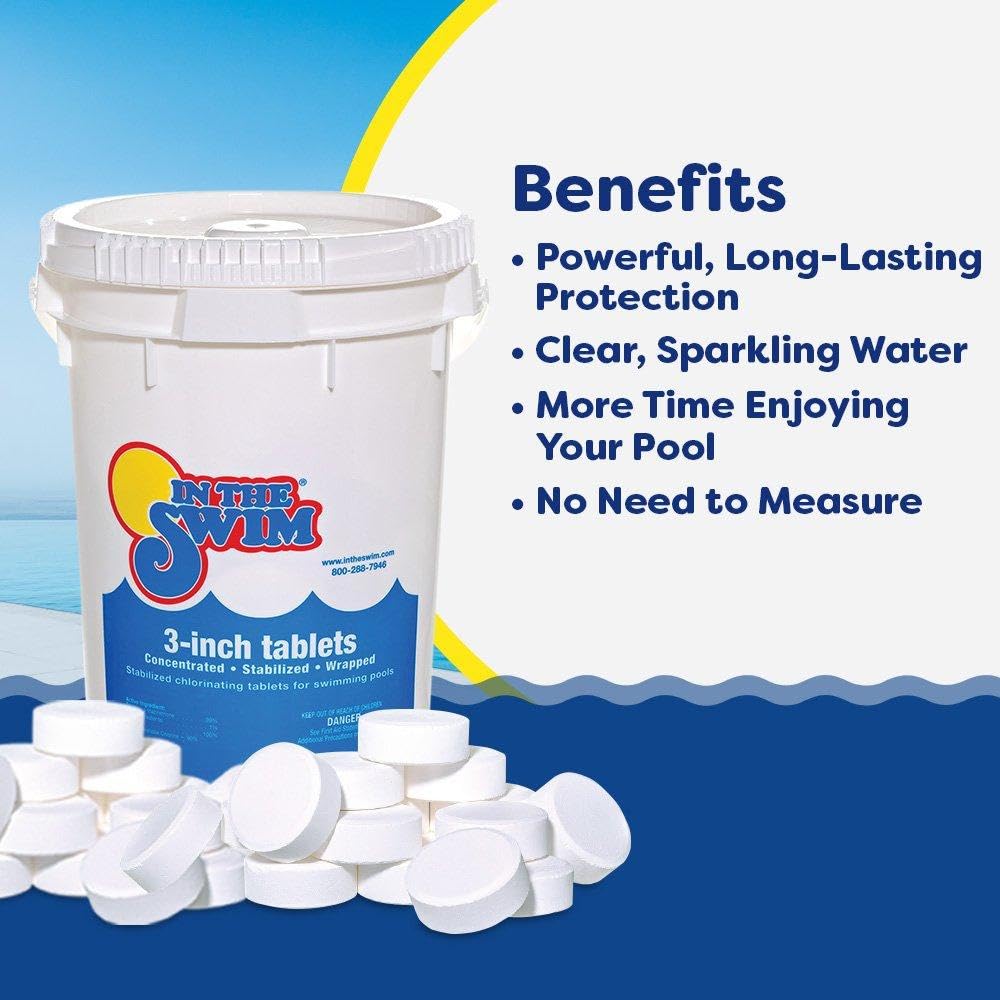Chlorine tablets play a pivotal role in maintaining the hygiene and clarity of swimming pools, ensuring they remain safe and inviting for swimmers. However, many pool owners encounter a common issue: their chlorine tablets dissolve too fast. This phenomenon not only affects the consistency of chlorine levels but also increases maintenance costs. This article delves into the reasons behind this occurrence and offers solutions to mitigate it.
Understanding Chlorine Tablets
Composition and Purpose
Chlorine tablets, primarily composed of trichloroisocyanuric acid, serve as a stable and effective method to deliver chlorine to pool water. They sanitize the water by eliminating bacteria, viruses, and algae, ensuring a safe swimming environment.
Ideal Dissolution Rates
The dissolution rate of chlorine tablets is crucial for consistent water treatment. A slow-dissolving tablet ensures a steady release of chlorine, maintaining optimal levels over a longer period. Conversely, fast-dissolving tablets might lead to spikes in chlorine levels, potentially causing discomfort to swimmers and damage to the pool infrastructure.
Factors Influencing Dissolution Rates
Several factors can significantly affect how quickly chlorine tablets dissolve in your pool. Understanding these can help in taking appropriate measures to regulate their dissolution rate.
Water Temperature
Higher water temperatures accelerate the dissolution of chlorine tablets. As the temperature rises, the chemical reactions increase, leading to quicker tablet dissolution. This is why pool owners often notice faster dissolving rates during the hot summer months.
Water pH Levels
The pH level of the pool water plays a critical role in the dissolution rate of chlorine tablets. Water with a high pH level can cause the tablets to dissolve more slowly, while acidic water (lower pH) speeds up the process. Maintaining the pH balance is essential for optimal tablet dissolution and effective water sanitization.
Agitation and Water Flow
Increased water movement around the chlorine tablet dispenser or floater can cause the tablets to dissolve faster. High water flow, caused by pumps or swimmers, enhances the tablet's exposure to water, accelerating its dissolution.

Tablet Quality
The quality and formulation of chlorine tablets can vary significantly between manufacturers. High-quality tablets are engineered to dissolve at a consistent rate, providing a steady chlorine release. Inferior quality tablets might dissolve irregularly, leading to fluctuating chlorine levels in the pool.
Mitigating Fast Dissolution
To combat the issue of fast-dissolving chlorine tablets, pool owners can adopt several strategies. Adjusting the water temperature and pH levels within optimal ranges can significantly influence the dissolution rate. Additionally, controlling the water flow around the chlorine dispenser and opting for high-quality chlorine tablets can ensure a more consistent and efficient chlorine release.
For a detailed understanding of why are my chlorine tablets dissolving so fast and how to extend the lifespan of chlorine tablets in your pool, consider exploring this comprehensive guide.
Maintaining a swimming pool requires attention to detail and a proactive approach to water treatment. By understanding the factors that influence the dissolution rate of chlorine tablets, pool owners can ensure their pools remain clean, safe, and welcoming for everyone.